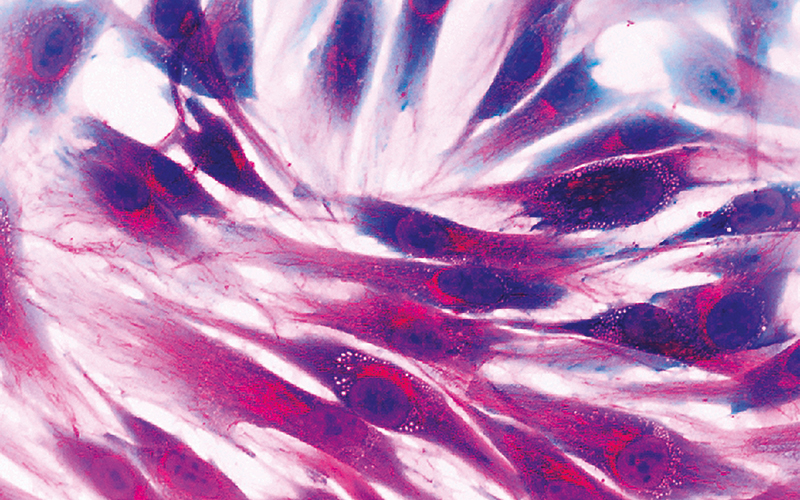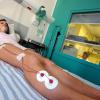There is new evidence that normal human fibroblast cells can be converted to specific cancer cells using only factors that are commonly detected in actual human patients.

Previous studies have achieved this only by using powerful viral factors that are not common in human cancers. Since many human cancer types still lack specific diagnostic markers or effective targeted therapies, these mechanistic insights are important for developing novel diagnostic and treatment options.
A University of Helsinki research group developed a novel cellular transformation assay for studying the mutations that cause human cancer on a molecular level.
Using this assay, researchers were able to identify a minimal set of defined factors that can convert a normal human fibroblast cell to a liver cancer cell. They also discovered that cellular lineage and differentiation stage are critical factors that determine cell response to oncogenic mutations.
This provides a mechanistic proof-of-principle for understanding why certain mutations cause cancer in particular tissues.
The innovative feature of the novel cellular transformation assay is to utilise cellular transdifferentiation, in which human fibroblast cells are converted to a different cell type using defined transcription factors, and to expose the cells to oncogenic factors during this transdifferentiation process.
Image credit | iStock



